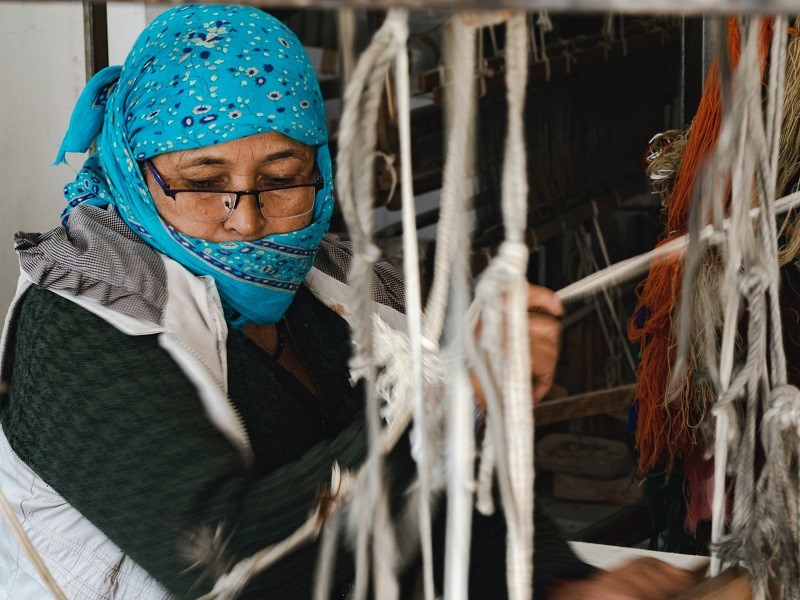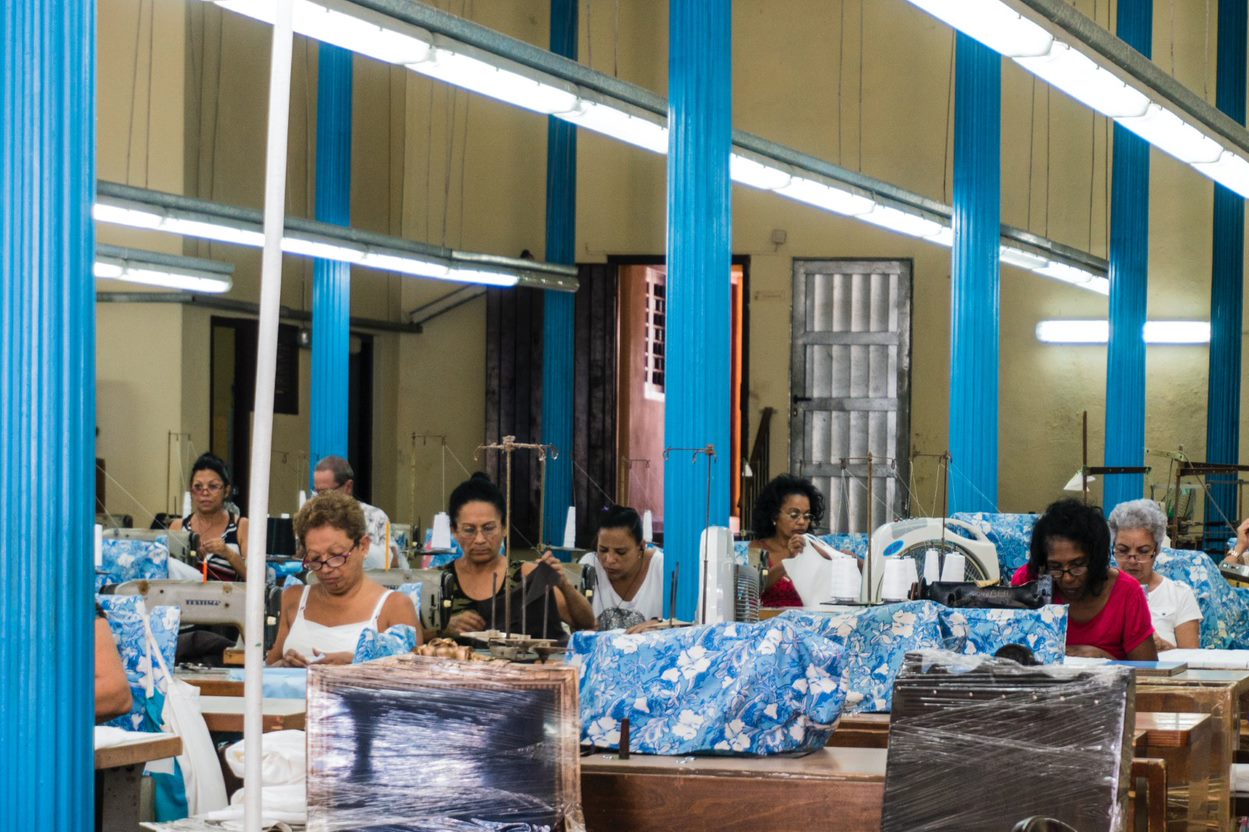Header Photo Credit: This is Engineering_Unsplash
Key Points
- Independent review, independent third-party verification, and impact evaluations are critical to review and assess the entire social compliance process—from Step 1 to Step 8 as outlined in Comply Chain—and may reduce the likelihood of child labor, forced labor, and other labor abuses for workers in supply chains.
- Independent review—via a combination of both independent monitoring (auditing) as discussed in Step 5 and independent third-party verification as discussed below—helps companies identify areas for improvement and provides stakeholders with desired information on the implementation and effectiveness of a company’s system.
- Independent third-party verification consists of an assessment of a company’s complete social compliance system to determine whether it is being implemented properly and thoroughly. This verification should be done at least annually. Theoretically, third-party social audits provide independent verification of an organization’s standards compliance. In practice, there are a number of inherent limitations to the independence of social auditing. For example, a social auditor may be compromised to the extent it is paid and/or engaged by the company being audited. Often, workers’ and workers’ organizations are not consulted during a third-party verification.
- Certification programs are slightly different because they certify products or processes using established sets of standards; some of them confer a label on certified products to communicate to consumers that the product was produced under certain conditions. Certification approves the process of compliance—not the outcomes—and is not where a company’s efforts should stop. Certification programs should not be used to claim that no child labor or forced labor is involved in the production of a good, but rather that the company is taking steps to prevent child labor, forced labor, and other labor issues from occurring. Fairtrade International and Fair Trade Certified toolkits provide examples of certification programs.
Key Topics
Examples in Action

Several small start-up companies are attempting to meet consumer demand for reliable information on companie' efforts to address supply chain labor abuses, among others.

GoodWeave encourages market demand for child labor-free certified rugs and home textiles and helps businesses meet that demand.

A multidisciplinary academic team from Tufts University and the ILO conducted a long-term impact evaluation of the Better Work program from 2009–2015. They evaluated project outcomes beyond the factory or industry level. The study team used the methodology to look at both managers and workers to assess human development and economic development indicators.
Further Resources
- Setting Social and Environmental Standards: ISEAL Code of Good Practice. December 2014; available from https://www.isealalliance.org/sites/default/files/resource/2019-06/ISEAL_Impacts_Code_Version_2.0.pdfhttps://www.isealalliance.org/sites/default/files/resource/2017-11/ISEAL_Standard_Setting_Code_v6_Dec_2014.pdf.
- ILO International Training Centre. The ILO Industrial Relations Toolkit. [Accessed March 30, 2022.]; available from https://www.itcilo.org/resources/ilo-industrial-relations-global-toolkit.






